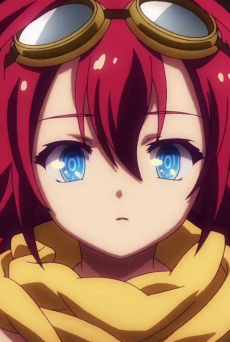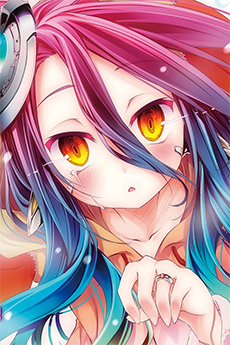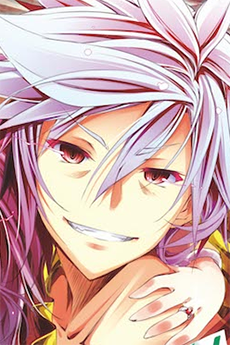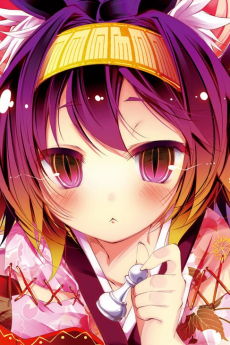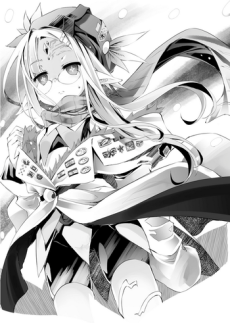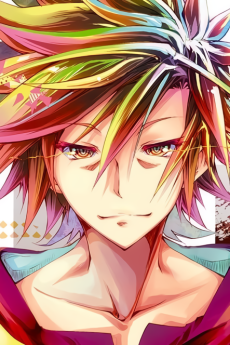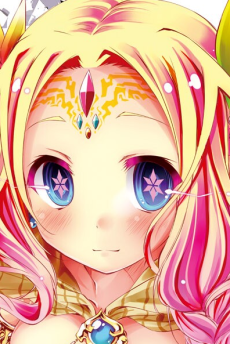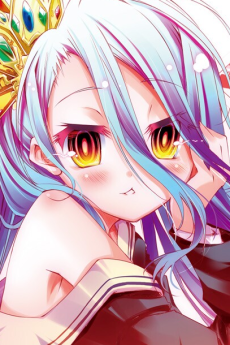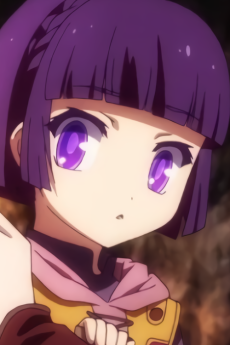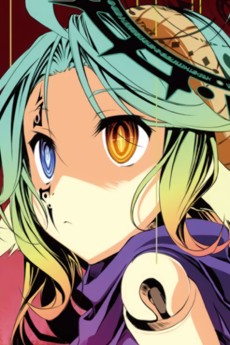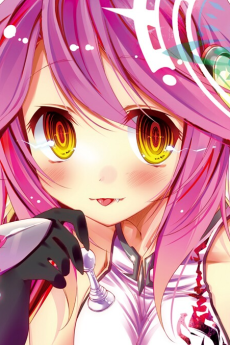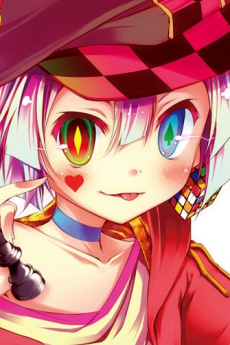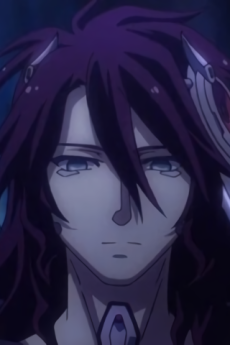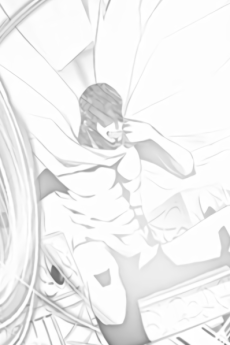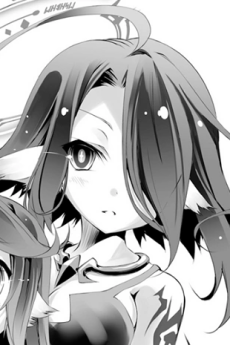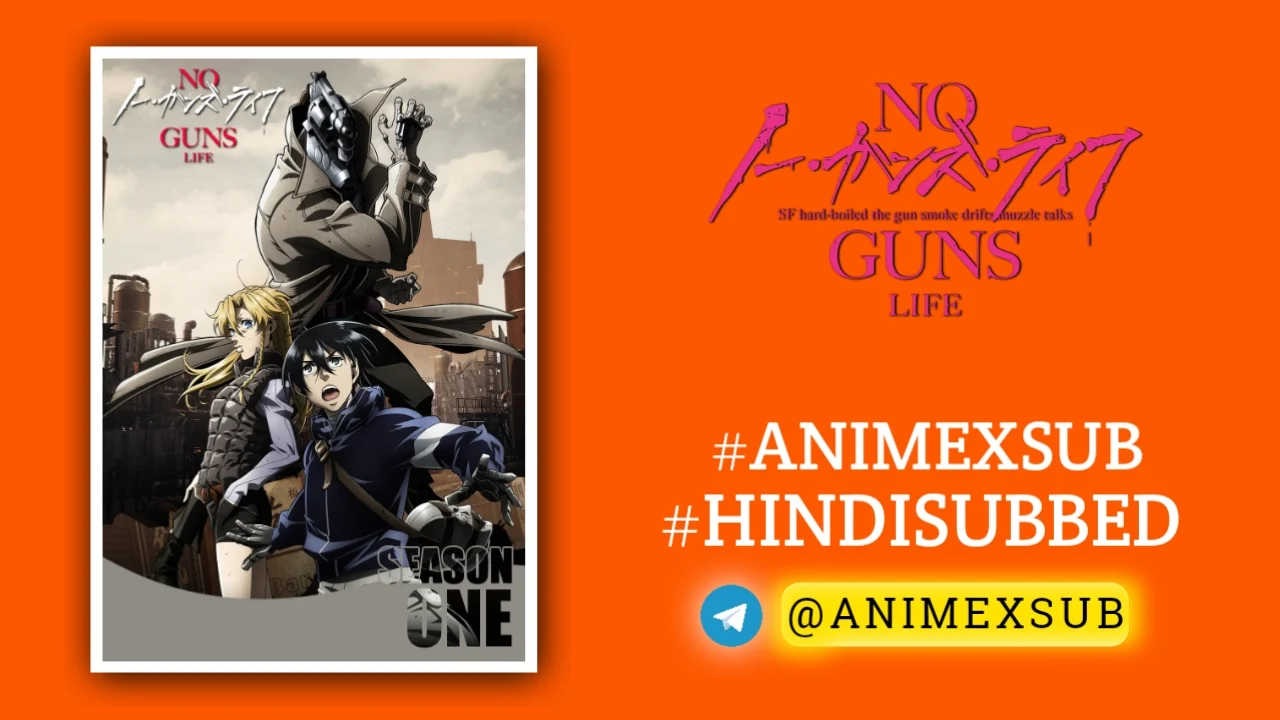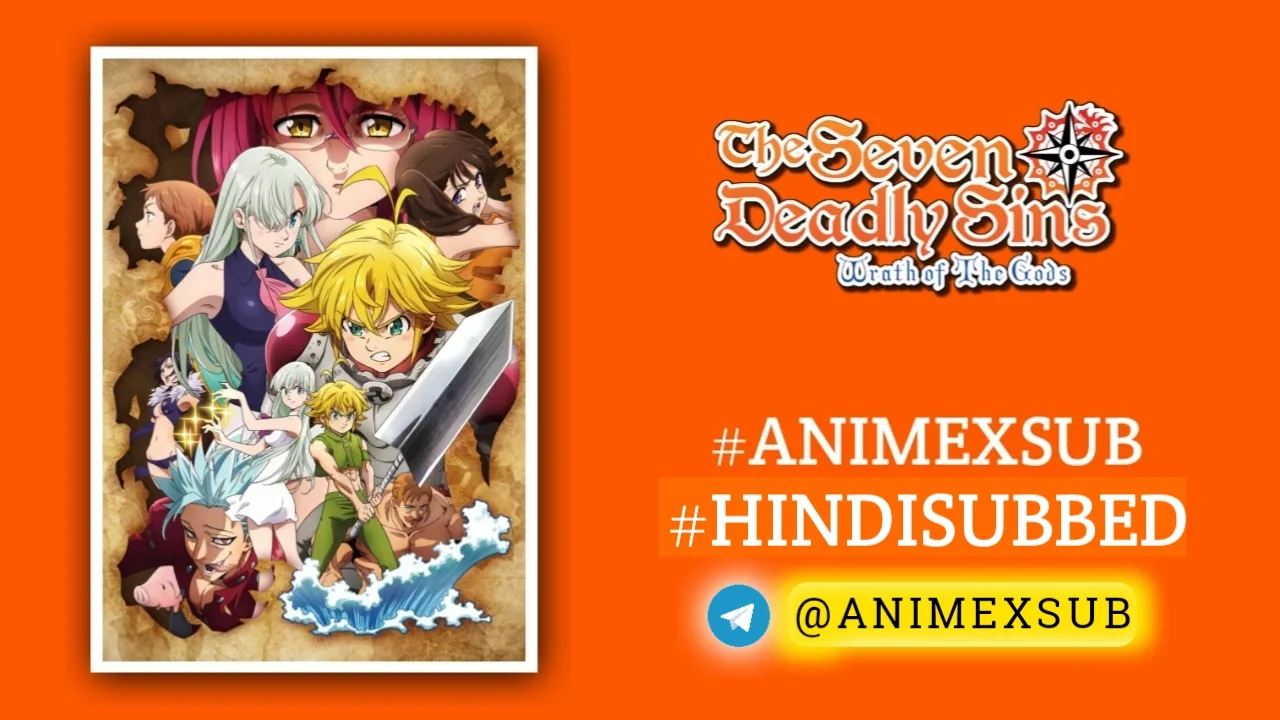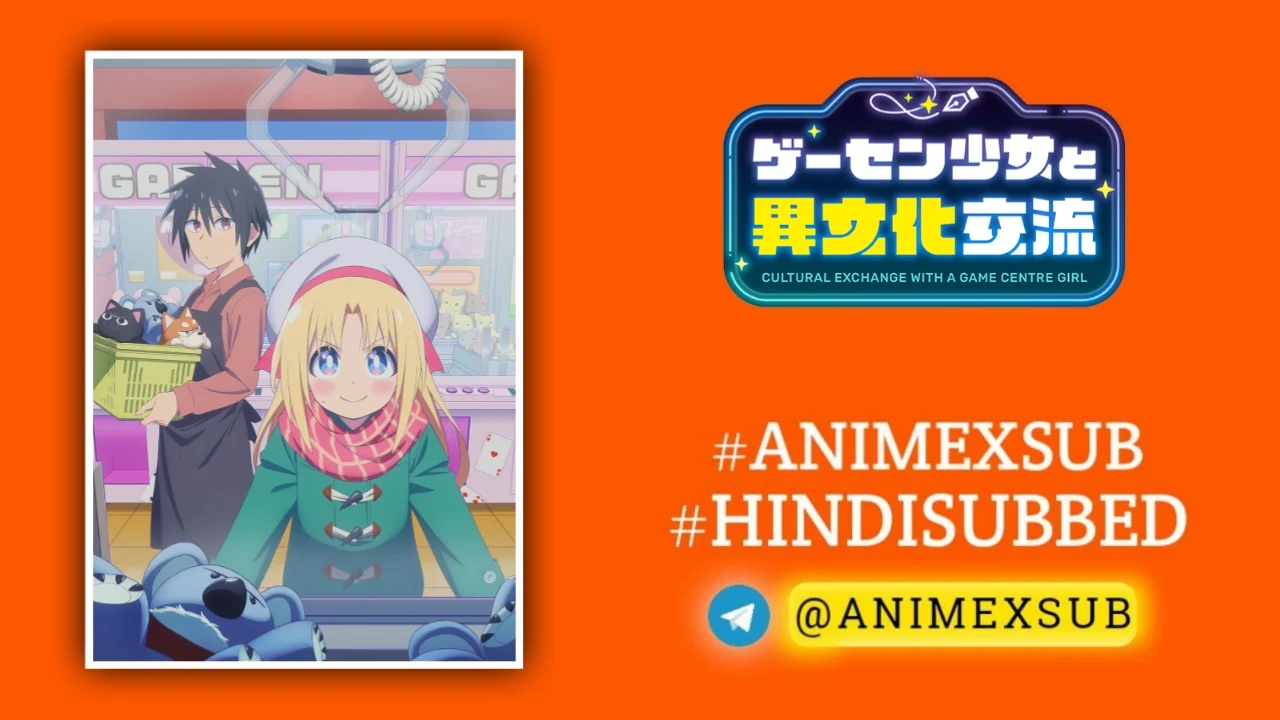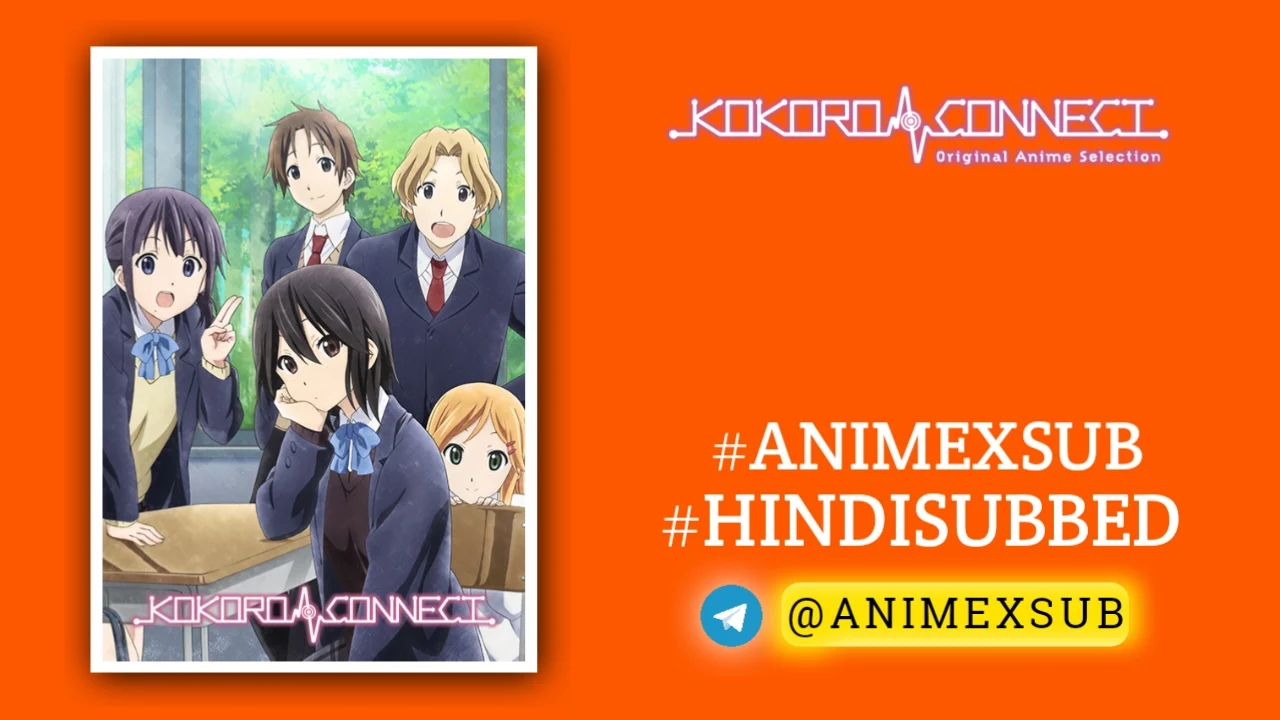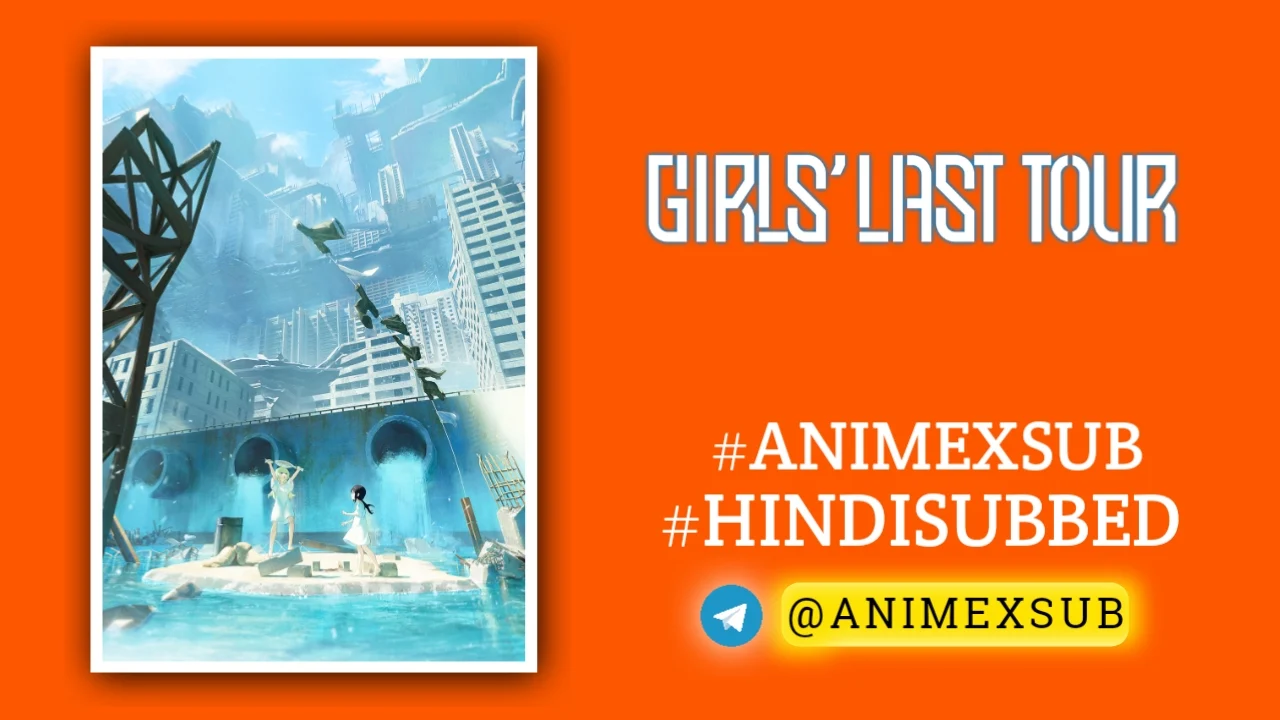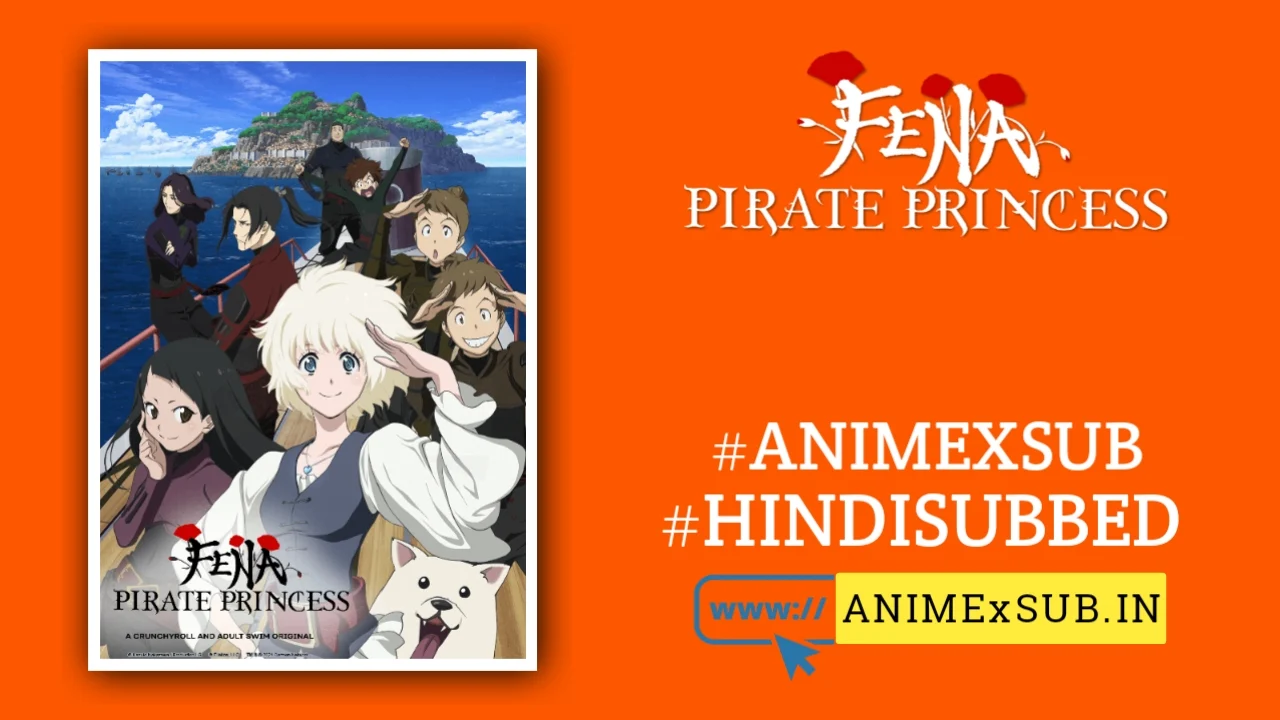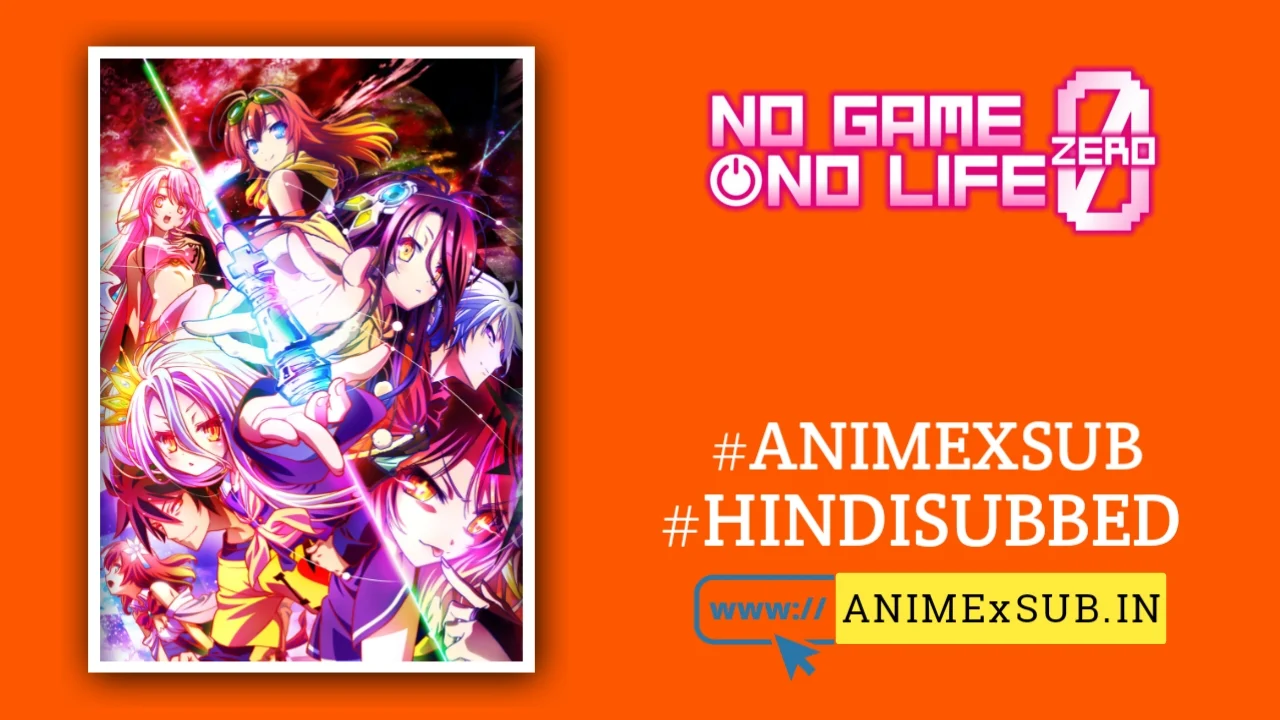
No Game No Life: Zero Hindi Subbed [Full Movie]
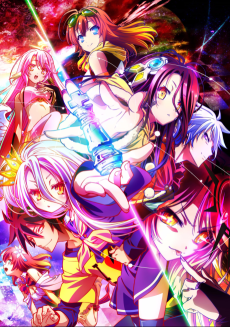
No Game No Life Zero
No Game, No Life ZeroSynopsis
A movie adaptation of the sixth volume of the light novel series announced at the MF Bunko J Summer School Festival 2016 event. Six thousand years before Sora and Shiro were even a blink in the history of Disboard, war consumed the land, tearing apart the heavens, destroying stars, and even threatening to wipe out the human race. Amid the chaos and destruction, a young man named Riku leads humanity toward the tomorrow his heart believes in. One day, in the ruins of an Elf city, he meets Schwi, a female exiled "Ex Machina" android who asks him to teach her what it means to have a human heart. (Source: Sentai Filmworks)
Watch Trailer
Characters
No Game No Life: Zero – A Heart-Wrenching Prequel Redefining Disboard’s Origins
No Game No Life: Zero (2017), directed by Atsuko Ishizuka and adapted from Yuu Kamiya’s sixth light novel, is a standalone cinematic masterpiece that plunges viewers into the brutal, war-torn past of the No Game No Life universe. Set 6,000 years before the vibrant, game-driven world of Sora and Shiro, this prequel shifts gears from the series’ playful tone to a darker, emotionally charged narrative that explores humanity’s survival, sacrifice, and the birth of Disboard’s game-based order. This review delves into the film’s unique strengths, its complex narrative, and its philosophical depth, offering fresh insights into its storytelling, visuals, and emotional resonance.
A Story of Despair and Defiance
The film opens in a ravaged Disboard, where the Great War pits 16 sentient races, each backed by their own Old Deus, against one another for control of the Suniaster, a device that crowns the strongest as the One True God. Humanity, or Imanity, is the weakest race, devoid of magic and teetering on extinction. Riku Dola (voiced by Yoshitsugu Matsuoka), a cunning yet guilt-ridden leader, heads the last human colony, haunted by the deaths of his comrades. His chance encounter with Schwi (Ai Kayano), an Ex-Machina android severed from her hivemind, sets the stage for a narrative that intertwines strategy, sacrifice, and an unlikely romance.
Unlike the main series’ focus on high-stakes games, Zero is grounded in a world where violence reigns, and games are scarce. The film’s central question—how humanity survives against overwhelming odds—unfolds through Riku’s desperate gambit to end the war. Schwi, driven to understand the “human heart,” becomes his partner, her analytical nature contrasting with his emotional turmoil. Their relationship, often compared to Her for its exploration of love across human-machine boundaries, evolves from awkward misunderstandings to a profound bond that anchors the film’s emotional core.
Visual and Auditory Brilliance
Madhouse’s animation elevates Zero to a visual spectacle. The film trades the series’ vibrant fuchsia and pastel palette for a grim, earthy aesthetic—deep reds, shadowy blacks, and glowing golds—that mirrors the apocalyptic setting. Ruined cities and desolate landscapes contrast with moments of radiant beauty, like the golden light of hope in the climax. The character designs, while echoing Sora and Shiro in Riku and Schwi, are more grounded, with realistic proportions that suit the film’s somber tone.
Yoshiaki Fujisawa’s score is a standout, weaving haunting melodies with intense orchestral pieces that amplify the film’s emotional weight. Konomi Suzuki’s ending theme, “There Is a Reason,” with lyrics by Yûho Iwasato, is a tear-jerking complement to the story’s tragic undertones. The sound design, from the cacophony of war to quiet moments of intimacy, immerses viewers in Disboard’s chaos and hope.
Philosophical Depth and Narrative Complexity
Zero distinguishes itself with its philosophical undertones, exploring themes of hope, sacrifice, and the human condition. Riku’s struggle mirrors existential questions about defying fate in a seemingly hopeless world, while Schwi’s quest to understand emotions challenges the boundaries of sentience. The film’s narrative, though occasionally convoluted, rewards attentive viewers with its layered storytelling. It avoids spoon-feeding explanations, instead using visual cues and character interactions to reveal Disboard’s creation myth. Critics note its complexity may alienate newcomers, but for fans, it enriches the lore, showing how the Ten Covenants—Disboard’s game-based laws—emerged from carnage.
The film’s pacing is deliberate, balancing intense action with introspective moments. While some action scenes rely on subpar CG, the emotional payoff overshadows these flaws. The climax, where Riku and Schwi’s plan unfolds, is both heart-wrenching and intellectually satisfying, cementing their legacy as precursors to Sora and Shiro.
Strengths and Weaknesses
Strengths:
- Emotional Impact: The romance between Riku and Schwi is authentic and moving, with standout moments like Schwi’s attempt to grasp human emotions through games. Viewer reviews highlight its tear-jerking quality, with one calling it “the best anime movie” for its emotional depth.
- World-Building: The film expands Disboard’s lore, detailing the Great War and the origins of Tet’s rule, making it a compelling prequel even for those unfamiliar with the series.
- Visual Storytelling: Madhouse’s animation and color palette create a stark contrast to the series, enhancing the narrative’s gravitas.
Weaknesses:
- Complexity: The dense plot and minimal exposition can confuse viewers unfamiliar with the No Game No Life universe.
- Limited Action: Fans expecting the series’ game-heavy focus may find the scarcity of games and reliance on war-driven action disappointing.
- CG Shortcomings: Some action sequences suffer from lackluster CG, detracting from the otherwise stellar visuals.
A Prequel That Stands Alone
No Game No Life: Zero is not just a prequel but a reinvention of the franchise’s tone and stakes. Its darker, more serious narrative contrasts with the series’ comedic flair, yet it retains the wit and strategic brilliance that define No Game No Life. Riku and Schwi’s story, likened to a “Rogue One” of the franchise for its tragic heroism, offers a fresh perspective on Disboard’s history.
For fans, Zero deepens the mythology, revealing how humanity’s ingenuity triumphed over magical races. For newcomers, it’s a standalone tale of love and sacrifice, though some context from the series enhances appreciation. Its emotional resonance, stunning visuals, and philosophical depth make it a standout anime film, though its complexity demands multiple viewings to fully unravel.
Final Verdict: No Game No Life: Zero is a bold, emotionally charged prequel that trades the series’ playful games for a gritty exploration of survival and love. It’s a must-watch for fans and a compelling entry for those drawn to tragic, thought-provoking anime. Its flaws—occasional narrative density and uneven action—pale against its heart-wrenching story and visual splendor. Watch it, feel it, and revisit it to uncover its layered brilliance.
Support Our Anime Community!
Love watching the latest anime? Help us keep uploading new episodes by join telegram channel ❤️
Join Now!